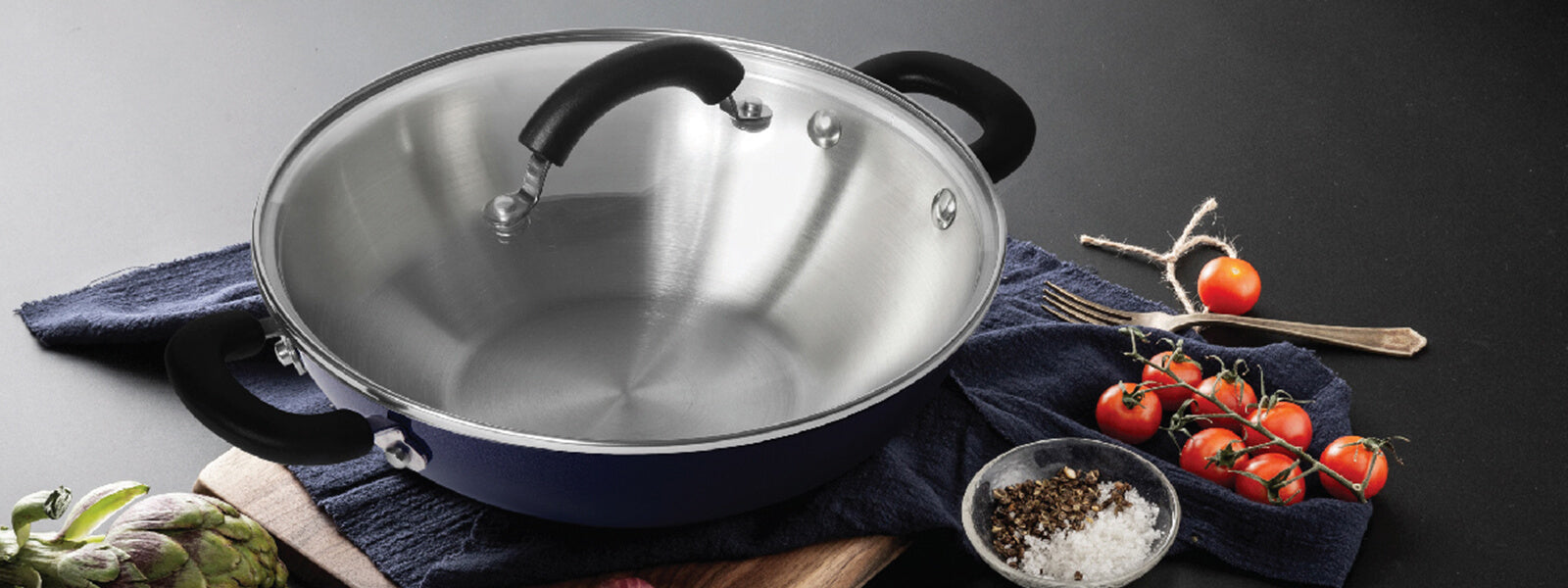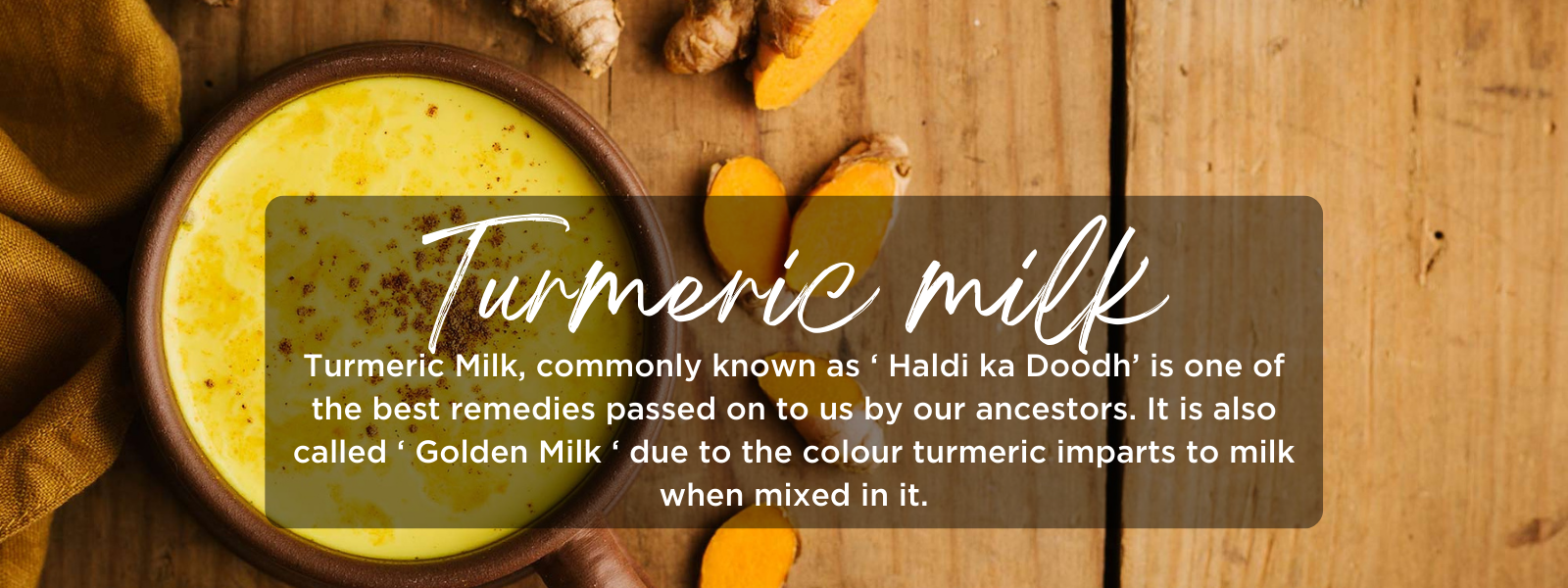Adding chia seeds to your diet during the winter season not only provides omega-3 fatty acids but also offers an array of health benefits that can contribute to overall wellness during the colder months.
Table of Contents
What Are Chia Seeds?
Chia seeds are tiny, nutrient-dense seeds derived from the plant Salvia hispanica, which is native to Central and South America. These seeds have gained popularity as a superfood due to their nutritional profile and versatility in culinary use.
Chia seeds are produced from the chia plant, which belongs to the mint family. The seeds are obtained by harvesting the flowers of the chia plant. Once the flowers have matured, they produce small seeds that vary in color from black to white, although black chia seeds are more common.
The production process involves harvesting the seeds, cleaning and drying them, and then packaging them for distribution. Chia seeds can be consumed whole or ground and are often used in a variety of dishes due to their mild taste and ability to absorb liquid, creating a gel-like consistency.
These seeds are renowned for their rich content of omega-3 fatty acids, fiber, protein, antioxidants, vitamins, and minerals. They can be added to smoothies, yogurts, baked goods, salads, or consumed as puddings, making them a versatile and nutritious addition to the diet.
What Makes Chia Seeds A Great Choice For Winter?
Here's why they're a great choice during the winter:
- Omega-3 Fatty Acids: Chia seeds are abundant in alpha-linolenic acid (ALA), a type of omega-3 fatty acid. These healthy fats are essential for heart health, reducing inflammation, and supporting brain function – crucial during the winter months when cold weather and seasonal illnesses can impact overall health.
- Fiber-Rich: Chia seeds are an excellent source of dietary fiber, promoting digestive health and providing a feeling of fullness, which can be beneficial for managing appetite and maintaining energy levels during the colder season.
- Antioxidants: Packed with antioxidants, chia seeds help combat oxidative stress caused by environmental factors and seasonal fluctuations, bolstering the immune system and supporting overall health.
- Versatile Usage: Chia seeds are incredibly versatile and can be easily incorporated into various dishes. They can be added to oatmeal, yogurt, smoothies, baked goods, or used as a thickening agent in soups or sauces, making them a convenient addition to winter meals.
- Hydration: Chia seeds have hydrophilic properties, meaning they can absorb liquid and help retain moisture in the body. In winter when hydration can be challenging, chia seeds soaked in water or beverages can aid in maintaining hydration levels.
Are Chia Seeds Rich In Omega-3 Fatty Acids?
Yes, chia seeds are indeed rich in omega-3 fatty acids, particularly alpha-linolenic acid (ALA). Omega-3 fatty acids are essential fats that play a crucial role in various bodily functions, including heart health, brain function, and reducing inflammation.
Despite being plant-based, chia seeds are one of the best sources of omega-3s among plant foods. Around 60% of the fat content in chia seeds is omega-3 fatty acids. This high omega-3 content makes chia seeds a valuable addition to a diet, especially for individuals seeking plant-based sources of these essential fatty acids. Consuming chia seeds regularly can contribute to meeting the body's omega-3 requirements.
Best Ways To Incorporate Chia Seeds Into Our Diet:
During winter, incorporating chia seeds into your diet can offer various health benefits. Here are some great ways to consume chia seeds during the colder months:
- Chia Pudding: Prepare a chia seed pudding by soaking chia seeds in your choice of milk (such as almond, coconut, or dairy milk) overnight in the refrigerator. Add flavors like vanilla extract, cinnamon, or cocoa powder for a delicious and nutritious breakfast or snack.
- Warm Chia Porridge: Cook chia seeds in a warm porridge with your favorite winter spices, like cinnamon, nutmeg, or ginger. Use a combination of chia seeds, oats, and milk, then cook it gently on the stove for a comforting and filling breakfast option.
- Chia-infused Hot Drinks: Add chia seeds to your hot beverages, like herbal teas or hot chocolate. Let the chia seeds soak in the hot liquid for a few minutes, creating a warm and soothing drink with added nutritional benefits.
- In Baked Goods: Incorporate chia seeds into winter baking recipes. Add them to muffins, bread, pancakes, or cookies for an extra nutritional boost.
- Chia Sprinkles: Sprinkle chia seeds over warm dishes like soups, stews, or oatmeal just before serving. This can add a pleasant crunch and boost the nutritional content of your meals.
Conclusion:
Chia seeds have the unique ability to absorb liquid and form a gel-like consistency. It's essential to drink enough fluids when consuming chia seeds to prevent any discomfort caused by their hydrophilic properties. Including chia seeds in your winter diet can offer a nutritious and versatile way to boost your intake of essential nutrients during the colder months.











Leave a comment